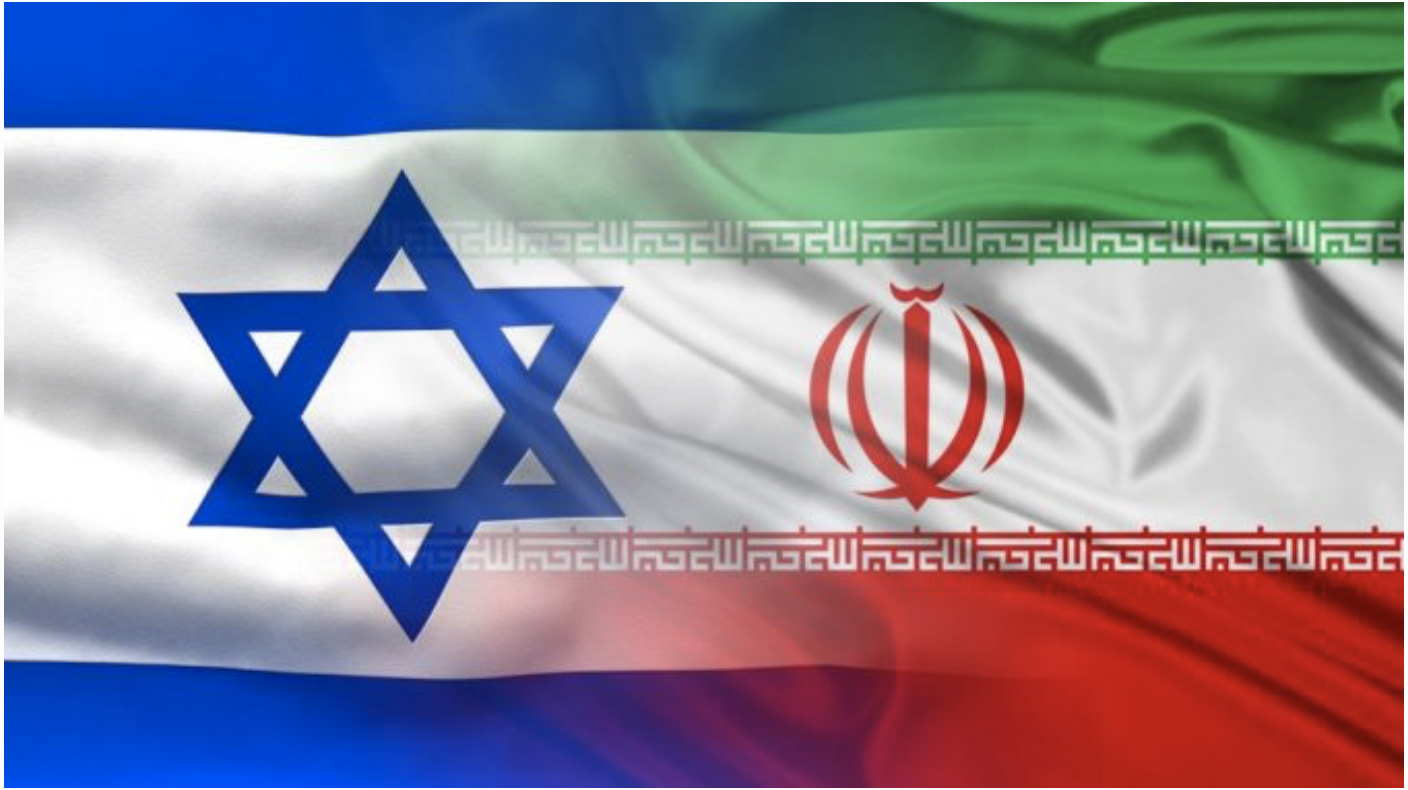
Israel Is Relying On ISIS To Contain Iranian Expansion
ISIS attacks are among the few remaining ‘weapons’ that can hold back Iran’s sphere of influence according to a new study from a think-tank closely affiliated with Israeli intelligence.
Israel hopes that the alliance of Sunni populations, ISIS terrorists and major world powers, will combine with regional chaos to prevent what it regards as the most dangerous scenario: An Iranian sphere of influence stretching from the Indian Ocean to the Mediterranean.
According to a 37-page report by the Intelligence and Terrorism Information Center (ITIC), “Iran, which previously displayed dexterity in exploiting every opportunity to enhance its standing as a regional power, wishes to capitalize on the vacuum created in Syria and Iraq by ISIS’s collapse, to advance its ambitions in the region and play a central role in shaping the post-ISIS Middle East”
RT reports:
Although ostensibly an NGO, ITIC is part state-funded, has an office at the Israeli Defense Ministry, and has often served as the informal voice of the country’s intelligence services.
According to the report’s lead author, prominent Iran researcher Raz Zimmt, Tehran is seeking to stabilize the Bashar Assad regime in Syria and the Shia government in Iraq, which would help it “dislodge the US” from the region, and “escalate the threat posed to Israel, while creating a state of deterrence.”
Particularly it would use the land corridor from its own territory to Lebanon, to “augment the military capabilities of Hezbollah, developing the abilities of Hezbollah to manufacture weapons, and establishing local terror networks in the Golan Heights, with the aim of creating a new front for challenging Israel.”’
“ISIS will likely change its combat patterns and revert to guerrilla tactics and terrorism following the end of the campaign against it in Iraq, and may carry out hit-and-run attacks against Iranian vehicles moving along the land corridor (Iranian vehicles may be perceived as attractive targets for ISIS in its new incarnation),” it adds.
The report uses the example of the simultaneous Islamic State attacks in Tehran in June, which resulted in the deaths of 17 civilians “to illustrate potential dangerous effects of the confrontation between Iran and ISIS on Iran’s internal security.”
Tehran’s unbroken Shia route is also imperiled by Baghdad’s increasingly multi-polar foreign policy, and shaky grasp on both the Sunni, and the Kurdish dominated areas.
“Iran is concerned by the transformation of the Kurdistan region in Iraq into a de-facto independent state. According to Tehran’s view, this may jeopardize Iraq’s territorial integrity, harm Iran’s efforts to cement its influence over Iraq and embolden separatist aspirations among the Kurdish minority in Iran,” proclaims the report, noting however, that the Kurds suffered a setback following the unrecognized independence vote, and government efforts to take back territory.
‘Fundamental obstacles’
Iran also faces “fundamental obstacles when attempting to establish itself as a powerful player in the Arab realm of the Middle East.”
“As a country with a Persian majority, it is perceived in the Arab world, and even among its allies, as a foreign actor that at time conducts itself in a haughty and even racist manner toward its Arab neighbors. Second, the Shi’ite Iran is struggling to realize regional hegemony in a sphere that is mostly Sunni Muslim,” writes the author, noting that attempts to “camouflage” involvement through proxies creates forces that subsequently become hard to control from Tehran.
Besides, the author lists Turkey, Russia and the USA as outside powers that either have their own influence in the region – such as Damascus’ debt to Moscow over military support – or are outright enemies of Tehran.
“Iran’s efforts to gain influence in this arena may lead to greater strife with the United States, especially during the Trump presidency. Iran eyes with concern American activity against Syrian regime forces and sees it as a new phase in the battle to shape Syria in the days after ISIS and as an ‘American plot,’ which aims to curtail Iranian influence,” writes Zimmt.
And the most direct rival to Tehran in the region is still likely to remain Saudi Arabia, which apart from its own interventions and meddling, has also rallied the Arab League to oppose Iran, and has forged a 40-state anti-terrorist coalition that appears to be primarily an alliance against the Islamic Republic.
As the author concludes, Iran’s success will depend not just on its own initiative “but the policies of the rest of the state and non-state actors operating in the region, and their decisions whether to facilitate Iran’s ambitions or challenge its efforts,” which suggests that the Middle East is entering a new period of competition and volatility.

